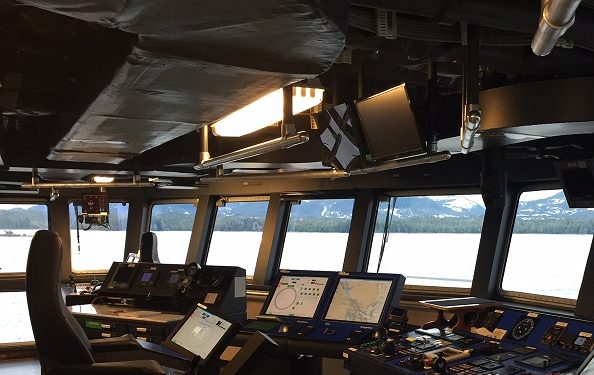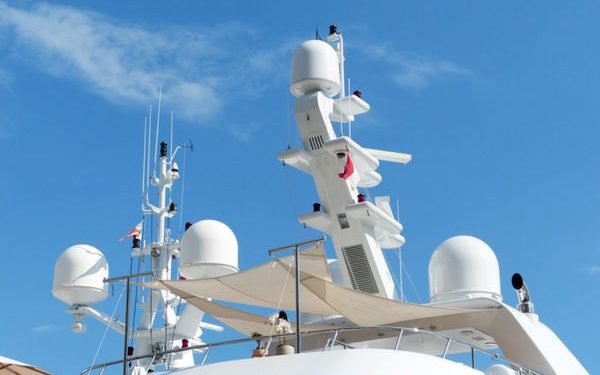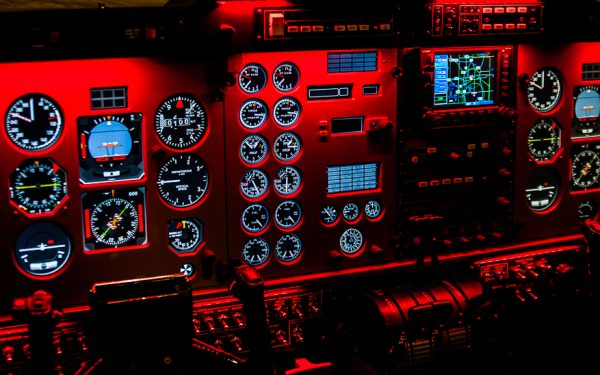Maritime Electronic, Communication & Navigation
1.Radio Communication in Maritime Safety
Radio communication is essential in the maritime industry. All vessels use radio equipment to maintain contact with shore facilities and exchange critical information related to emergencies and navigational safety. Equipping traffic control centers and coastal radio stations at Iran’s ports with advanced radio systems helps ensure reliable, continuous communication—thereby significantly enhancing the safety of both vessels and their crews.
2.Safety Management Under the ISM Code
In line with the requirements of the International Safety Management (ISM) Code, all eligible vessels must implement a comprehensive management structure both onshore and onboard. This structure is based on risk identification, mitigation processes, and thorough documentation. Management companies are responsible for establishing this safety framework and must undergo regular audits by qualified auditors at both the shore office and onboard the vessel to verify compliance and effectiveness.
3.Modernization of Navigation and Telecommunication Systems
Field research shows that the navigation and telecommunication systems on Iran’s ships and at its ports have been updated to meet international standards. However, as the needs of Iran’s maritime industry continue to grow, further investments will be necessary. Enhanced collaboration between Iranian companies and international partners is essential to support ongoing upgrades and maintain the high performance and safety standards required for modern maritime operations.



